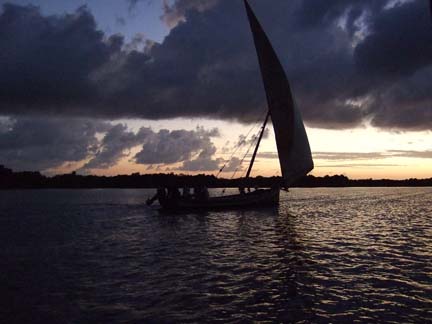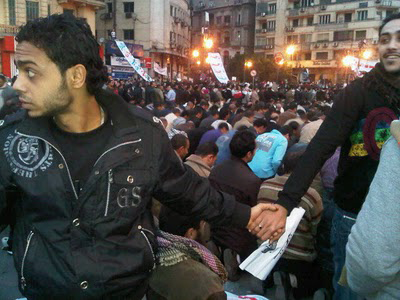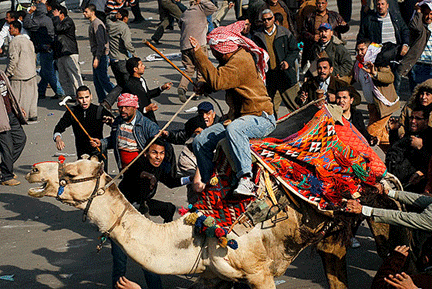
Dhow near Lamu at sunset
2011 RIFT VALLEY INSTITUTE FIELD COURSES:
SUDAN, HORN OF AFRICA AND GREAT LAKES
SUMMARY
This year’s Rift Valley Institute field courses stress the historical background to political developments in the region: the two-state future in Sudan, the effect of recent and upcoming elections in the Great Lakes, and the continuing challenges to political evolution in the countries of the Horn of Africa. The courses are seminar-based, one-week, high-intensity events to be held between May and July. Faculty includes internationally-known regional specialists, researchers and civil society activists from Sudan, Ethiopia, Somalia, Rwanda, Burundi, and the DRC.
The application deadline for all courses is Monday 28 February. You can apply online here.
Summaries of each course are included below. Prospectuses containing further details are attached to this message and can be downloaded from www.riftvalley.net/courses. (Or write to courses@riftvalley.net.)
DATES AND GENERAL INFORMATION
Dates for this year’s courses are as follows:
The Sudan Course, Wednesday 25 May to Tuesday 31 May, in Rumbek, Southern Sudan.
The Horn of Africa Course, Saturday 4 to Friday 10 June in Lamu, Kenya.
The Great Lakes Course, Saturday 9 July to Friday 15 July in Bujumbura, Burundi.
The courses are intensive, graduate-level, residential programmes. They are designed for local and expatriate peacekeepers, aid workers, diplomats, researchers, campaigners, business people and journalists.Taught by leading regional and international specialists, the courses provide a fast-track introduction to the history, political economy and culture of a country or region, challenging assumptions and offering new perspectives on politics, development and other current issues. Continue reading 2011 RIFT VALLEY INSTITUTE FIELD COURSES →






